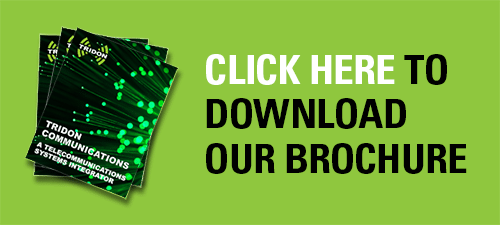
In the era of ubiquitous smartphones and global connectivity, satellite phones remain a somewhat mysterious tool, often associated with explorers, military personnel, and emergency responders. Unlike traditional cell phones, which rely on terrestrial cell towers, satellite phones offer a different kind of communication technology in Western Canada.
Explore the intricacies of satellite phones, their advantages and disadvantages, and answers to some common questions about their functionality.
How Do Satellite Phones Work?
Satellite phones connect to orbiting satellites instead of ground-based cell towers. When you dial from a satellite phone, the signal travels upwards into space, is received by a satellite, and then relayed back to Earth to a ground station. This station then routes the call through the traditional telephone network.
Advantages of Satellite Phones in Alberta
Satellite phones offer unparalleled connectivity, breaking through the limitations of terrestrial networks to keep you in touch from the furthest reaches of the globe.
Global Coverage
Reliable During Disasters
Secure Communications
Disadvantages of Satellite Phones in Alberta
Cost
Size and Weight
Environmental Limitations
Do Satellite Phones Work Indoors?
Are Satellite Phones Secure?
Answering Common Questions
Can Satellite Phones Be Tracked?
Are There Any Privacy Concerns With Satellite Phones?
How Do Users Manage the High Costs of Satellite Phones?
What Happens When a Satellite Phone Call is Dropped?
Contact Tridon Communications Today
Satellite phones are a specialized tool designed for particular circumstances. They bridge the gap in the world’s most isolated regions and provide reliable communication when other forms fail. The advantages of satellite phones include global coverage, reliability in emergencies, and secure communication, which can be lifesaving and crucial for operational security. However, the disadvantages include their cost, size, limited indoor use, and potential environmental limitations.
The decision to use a satellite phone will depend on your specific needs and circumstances. For those who require communication beyond the reach of cell towers, the benefits of satellite phones will often outweigh the drawbacks. As technology advances, we may see improvements in cost, size, and versatility, making satellite phones a more accessible option for a broader range of users. Contact Tridon Communication today for more information.



